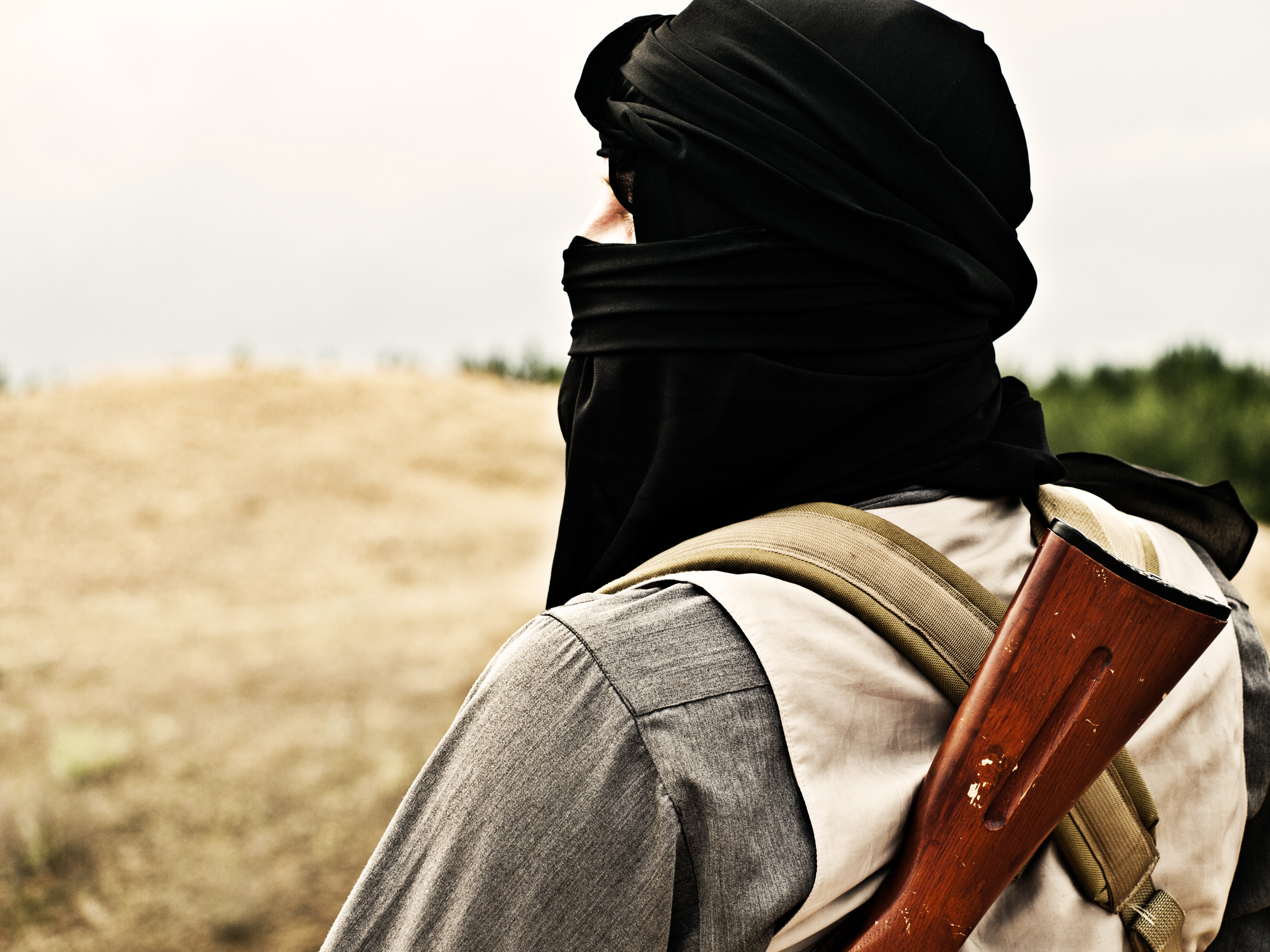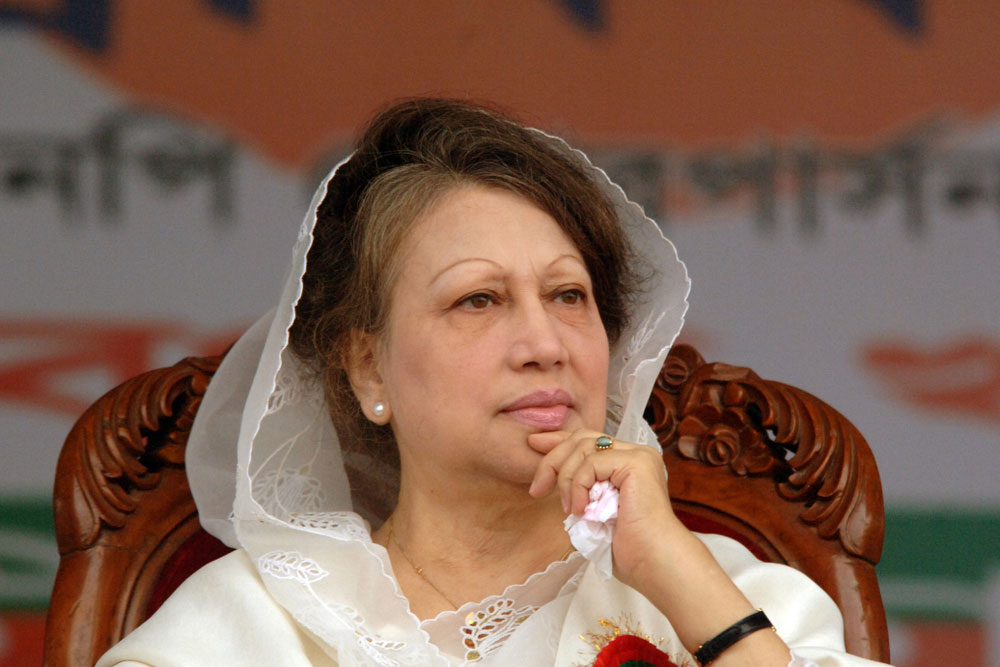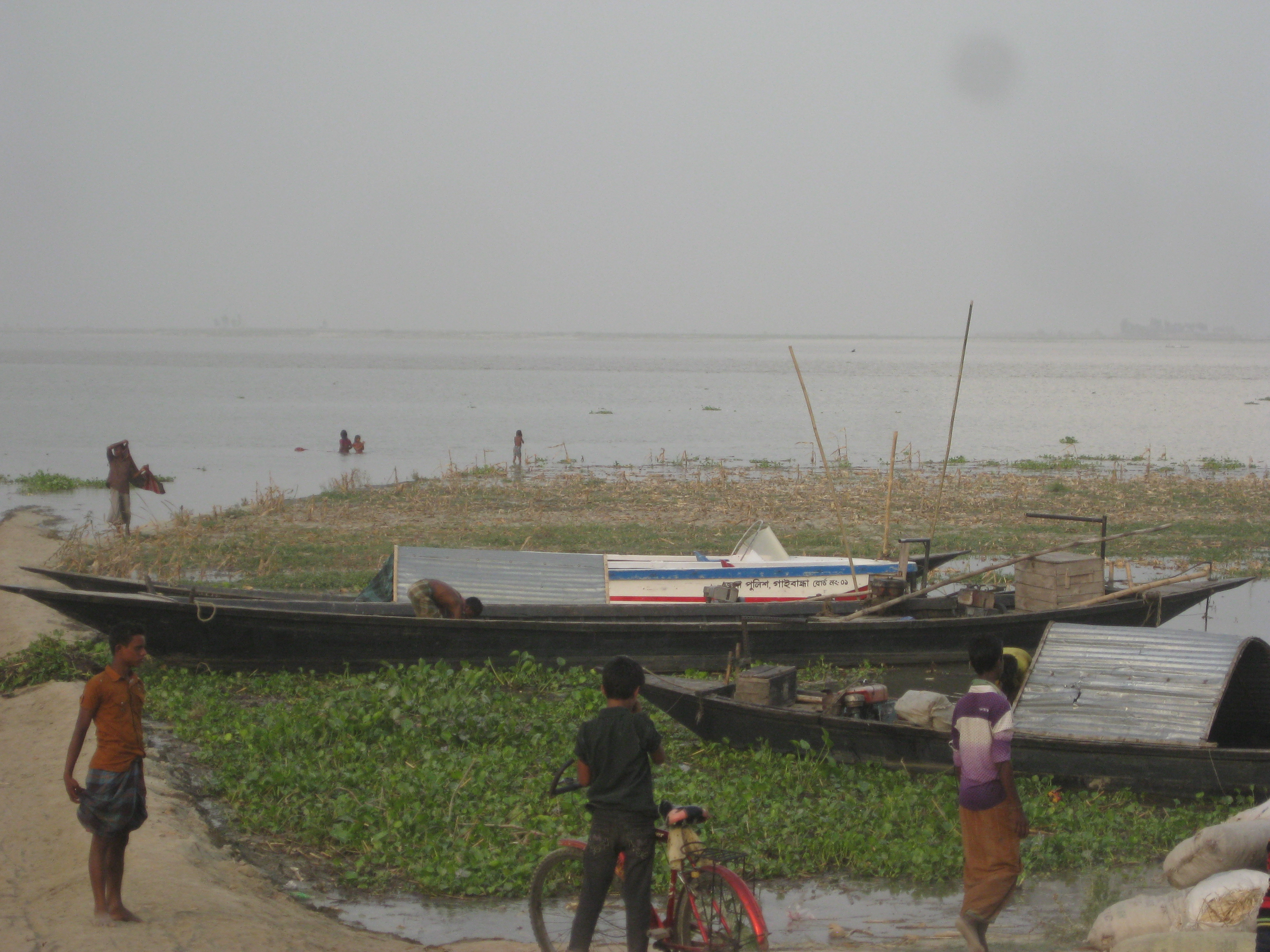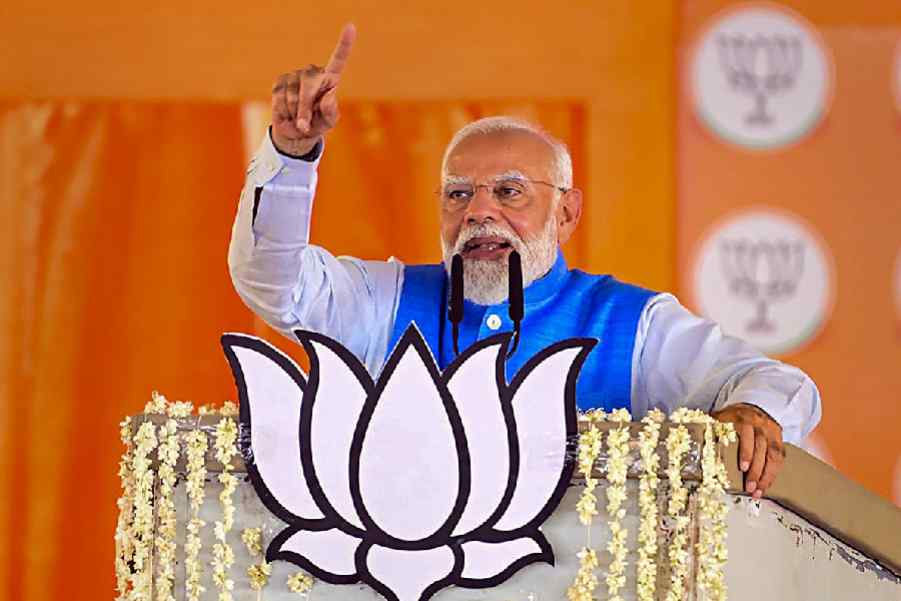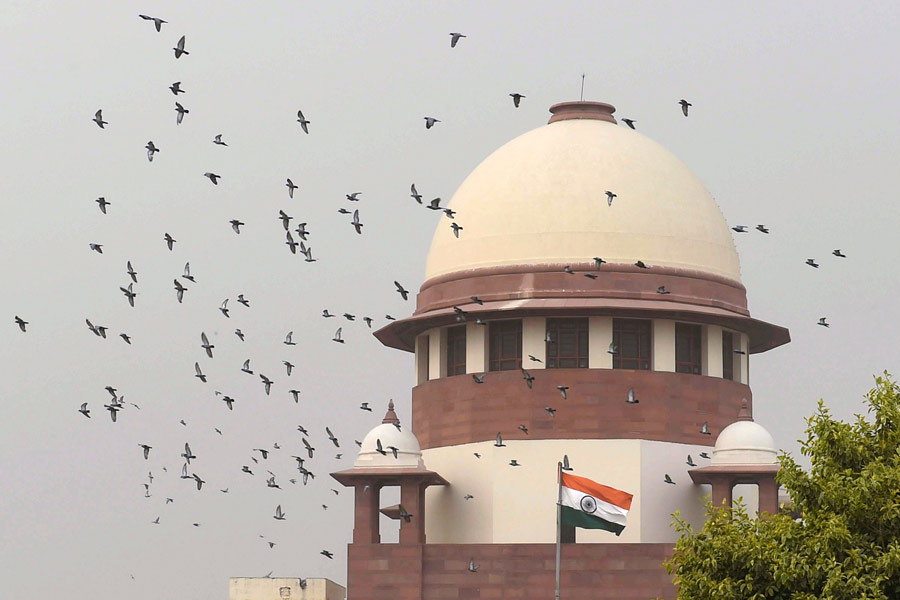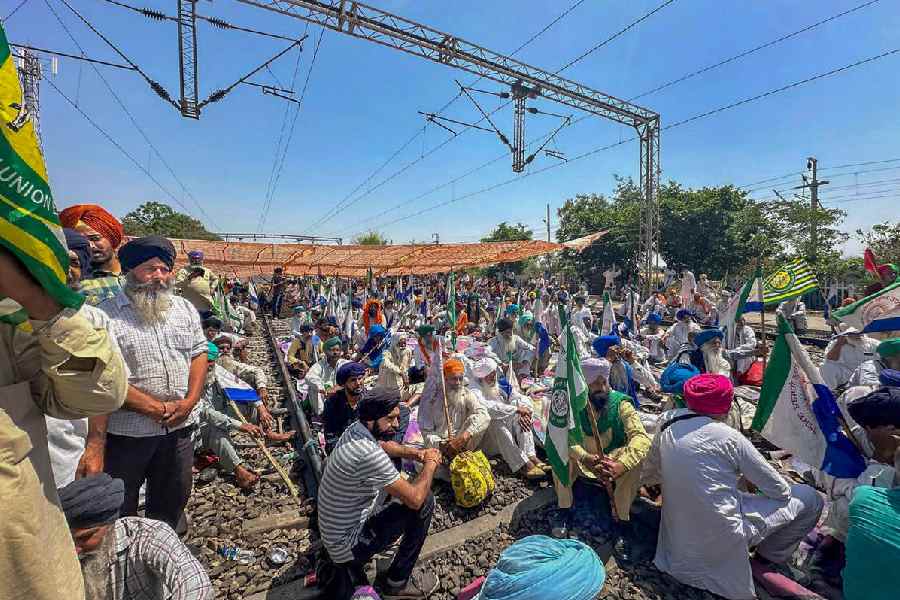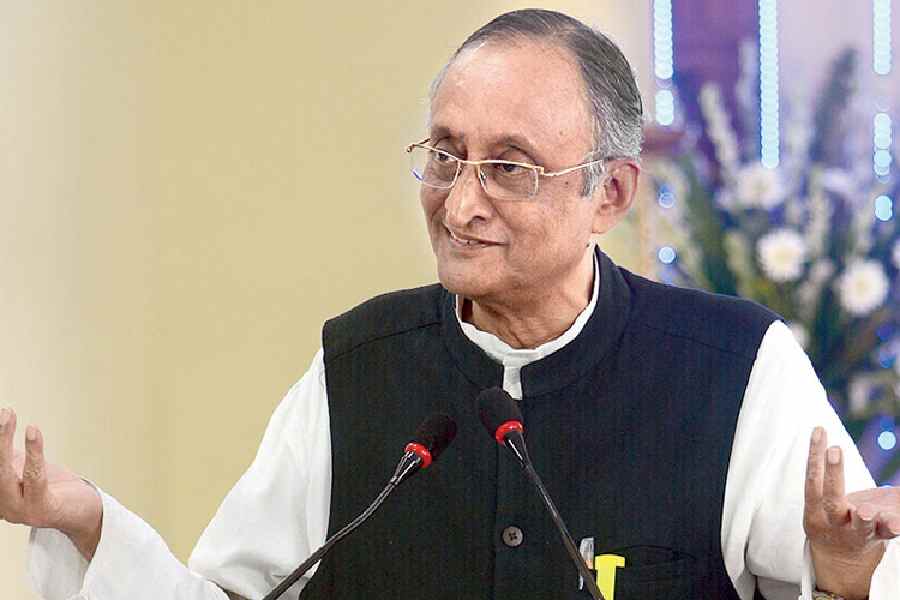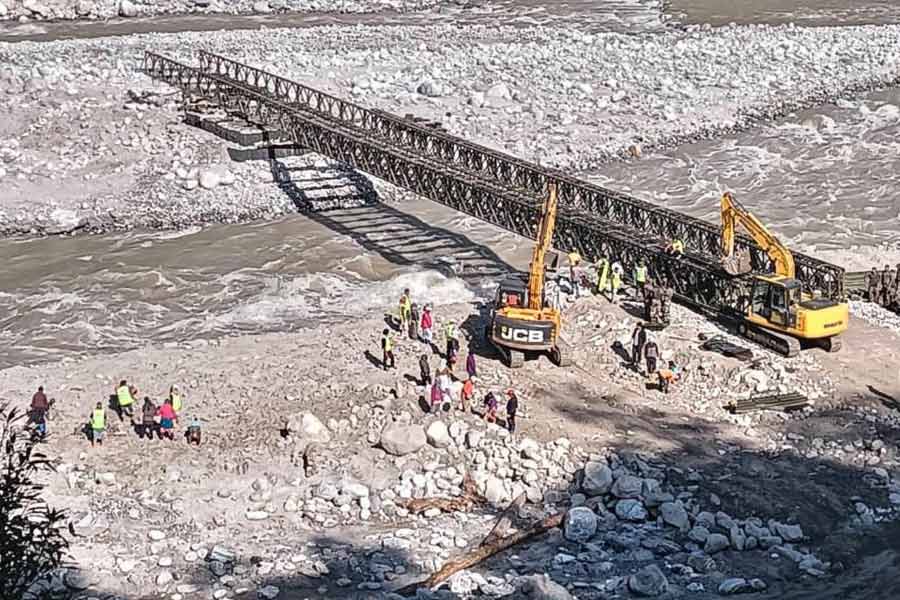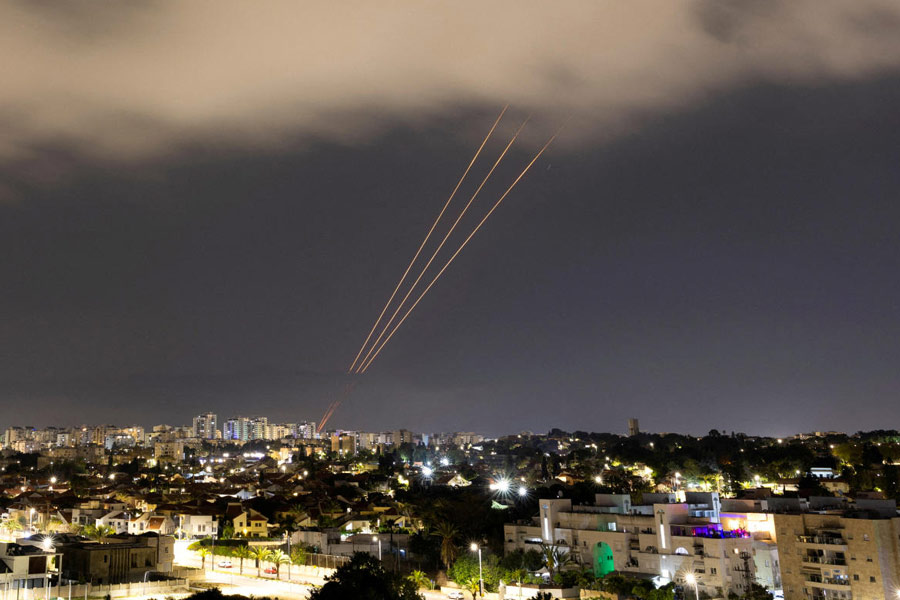A recent verdict in a Dhaka special court has put the spotlight back on the close linkage between terrorism and politics in Bangladesh. The special court was trying two cases of manslaughter and use of explosives pertaining to a deadly grenade attack on an Awami League rally in Dhaka on August 21, 2004 in which 24 party leaders and activists were killed and more than 500 were injured. Among those injured was Sheikh Hasina Wajed, the then Opposition leader and present prime minister. The court found 38 of the accused guilty of complicity, abetment or execution of the attack, which it described as ‘a well-orchestrated plan, executed through abuse of state power’.
Among those sentenced was the Bangladesh Nationalist Party senior vice-chairman, Tarique Rahman. He is the son of Khaleda Zia, who was the prime minister in 2004 when the attack took place. Rahman, now a fugitive from justice in several other corruption cases and residing in London, was accused of being the mastermind behind the attack that killed Ivy Rahman, the wife of the former president, Zillur Rahman, and nearly killed Wajed. He has been given a life sentence in the case. Rahman said he will appeal against the verdict of the special court, alleging that he has been framed, while the ruling Awami League, the target of the 2004 attack, has said it will appeal to press for the death sentence. Among the 19 sentenced to death are two former ministers — the junior home minister and BNP leader, Lutfozzaman Babar, and his close aide, Abdus Salam Pinto — the former intelligence chiefs, Rezakul Haider Choudhury and Abdur Rahim, and a number of militants from the Harkat-ul-Jihad-al-Islami and those bearing allegiance to the BNP-Jamaat-e-Islami alliance.
Interestingly, Babar and the two intelligence chiefs have also been sentenced to death in another high-profile terror-linked case dating back to the regime of Khaleda Zia: the Chittagong arms case filed over the recovery of 10 trucks loaded with automatic weapons in the port city of Chittagong in April 2004. A Jamaat minister has been pronounced guilty in the Chittagong arms case, and another in the August 2004 grenade case. But both of them — Motiur Rahman Nizami and Ali Ahsan Mohammad Mujahid — were executed earlier when found guilty of having committed war crimes in 1971. The weapons had been loaded from a ship when police stormed in and recovered them in Chittagong. Paresh Barua, the leader of the Indian insurgent outfit, the United Liberation Front of Asom, has also been sentenced to death in this case.
The fact that the sensational seizure in Chittagong happened just four months before the August 2004 grenade attack highlights the close nexus among the then ruling BNP-Jamaat coalition, a section of intelligence and militant outfits ranging from the extremist HuJI to the Ulfa, which were reportedly backed by the BNP government but have since been chased out of the country by the present Awami League government. That terror was slowly gripping Bangladesh during the BNP-Jamaat rule, raising fears of it mirroring Pakistan in its troubles with terrorism, and that the Awami League government has since fought against Islamist radicalism and cracked down on northeast Indian rebel groups will reflect on the two major contestants in the country’s politics ahead of the parliamentary polls slated to be held later this year.
The verdict upheld the prosecution’s contention that the grenades used in the attack came from Pakistan. Maulana Tajuddin, the brother of the BNP leader, Abdus Salam Pinto, brought them from Abu Yusuf Bhatt, a Hizbul Mujahideen leader of Kashmir known to be close to Pakistan’s Inter-Services Intelligence. This links the plot to kill Wajed and senior Awami League leaders to the ISI and also the BNP-Jamaat coalition.
This fact should be of interest to New Delhi, to whom the BNP is now trying to reach out to ‘restore democracy’ in Bangladesh. The ISI had rightly apprehended in the early 2000s that Wajed, if she came back to power, would scuttle its operational base in Bangladesh for destabilising India’s Northeast and, therefore, backed the assassination plot against her. New Delhi should have no reason to welcome fresh trouble for India’s Northeast by entertaining an extremist Opposition in Bangladesh.
The punishments in cases such as the Chittagong arms seizures and the Dhaka grenade attack, much like those in the 1971 war crimes trials, seek to strike at the culture of impunity that had grown dangerously since the coup in August 1975 during which the family of Wajed’s father, Sheikh Mujibur Rahman, was nearly wiped out. This was the result of a violent political culture witnessed during December 1971, when local squads, with the active support of the Pakistan army, carried out a systematic elimination of the secular Bengali intelligensia, including poets, writers, actors and teachers who had given shape to the quest for secular nationhood. Equating such verdicts with political vendetta is untenable.

